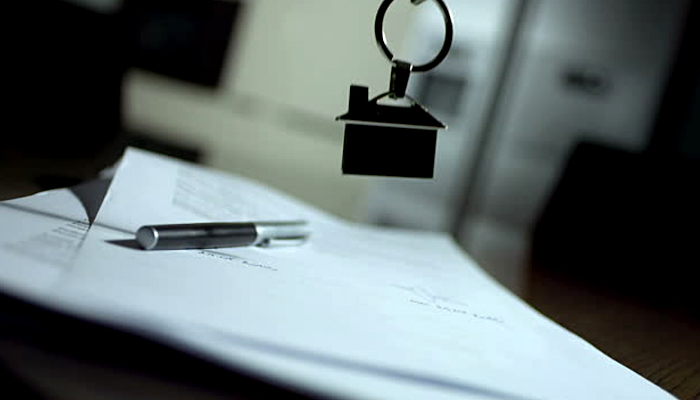We all have heard this term “buying on lease”, “entering into a lease agreement” and so on. But what exactly is a lease or lease agreement still remains a mystery. Lease is a contract by which one party conveys property, services or land, etc. to another for a specified time, generally in return for a periodic payment.
While lease agreement is a contract between a tenant and the landlord, that allows the tenant the rights to the use of a property owned or managed by the landlord for a certain period of time. He or she may be granted allowances to modify, change or otherwise adapt the property to suit their needs. The landlord is responsible for the upkeep of the property.
Difference Between Leasehold Property vs. Freehold Property
| Features | Leasehold Properties | Freehold Properties |
|---|---|---|
| Ownership | Ownership of the property for a fixed term but not the land. | Complete and indefinite ownership of the property and the land. |
| Duration | Lease terms range from a few decades to centuries. | Ownership is permanent and unlimited. |
| Control | Limited control: modifications often require freeholder’s permission. | Full control over the property and land. |
| Cost | Generally cheaper to purchase. | Usually more expensive. |
| Ground Rent | Leaseholders pay ground rent to the freeholder. | No ground rent is required. |
| Maintenance | Responsibility typically lies with the freeholder for structural repairs. | The owner is responsible for all maintenance. |
| Sale & Transfer | More complex; lease length can affect value and saleability. | Easier to sell and transfer. |
| Value Appreciation | Depreciates as the lease term decreases. | Generally, appreciates over time. |
Features of Leasehold Property
- Fixed-Term Ownership : Leaseholders own the property for a specified -period, after which ownership reverts to the freeholder.
- Common in Apartments and Flats : Typically found in multi-unit buildings.
- Ground Rent and Service Charges : Leaseholders must pay ground rent and often service charges for maintenance.
- Restrictions : Lease agreements may include restrictions, such as requiring permission for alterations.
- Lease Extensions and Freehold Purchase : Leaseholders can often extend their leases or buy the freehold, though this can be costly and complex.
Advantages of Leasehold Property
- Affordability : Usually cheaper to buy than freehold properties.
- Lower Maintenance Responsibility : Structural repairs and significant maintenance are typically handled by the freeholder.
- Access to Amenities : Leasehold properties often come with shared amenities like gardens or gyms, enhancing lifestyle options.
- Clear Legal Titles : Developers often secure clear titles, reducing the risk of legal complications for buyers.
Key Considerations When Buying Leasehold Property
- Lease Length : Shorter leases can reduce property value and make it difficult to sell or mortgage. It’s essential to check the remaining lease term.
- Ground Rent and Service Charges : Understand the costs involved, including any potential increases.
- Restrictions : Review the lease agreement for any restrictions on property use, such as pet policies or subletting.
- Lease Extensions : Consider the cost and process of extending the lease, as this can add value to the property.
- Legal Rights : Make sure you know your legal options for extending your lease or purchasing the freehold.
- Resolving Disputes : Learn how to resolve disagreements with the owner of the building you live in. This might involve talking things out or getting legal help.
When we look around, especially in Hadapsar, we find number of good properties in Hadapsar, Pune being given on lease. It is a good idea to take up those properties because entering into a lease agreement has many perks. Here, we mention a few:
- Leasehold is much more flexible for enforcing positive covenants. Example – The landlord or the lease hold owner is entitled to pay towards maintenance of common parts of the building such as roof, exterior walls, etc.
- You become part of an accountable and controlled neighbourhood.
- You still have the right to lease, mortgage or transfer your property.
- You can avail of a loan on your apartment.
The above mentioned are just few of the many positives that one gets to enjoy when buying a property on lease. Amanora Park Town is a fine example of a property on lease. You can own the poshest partments in Hadapsar for duration of 999 years. Amanora ensures that you get the best of life and lifestyle and follows a very transparent lease agreement system. This is what makes Amanora stand out from the rest. The transparency, the commitment and the dedication of Amanora towards providing you great home spaces, makes it one of the most trusted names in today’s time. At Amanora Park Town, you enjoy a life that is tailor-made to suit you and your unique personality.





